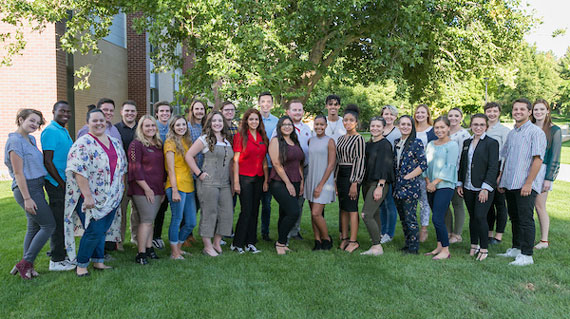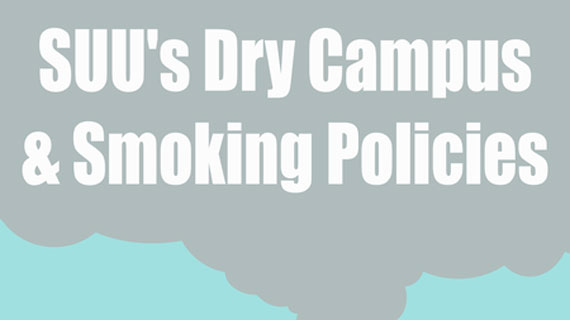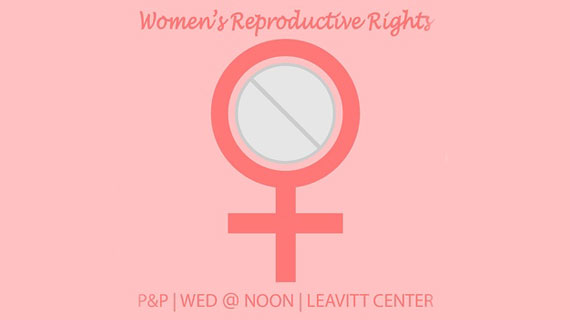Pizza & Politics Focuses on Net Neutrality
Posted: January 25, 2018 | Author: Miles Anderson | Read Time: 3 minutes
 The Michael O. Leavitt Center for Politics and Public Service hosts Pizza & Politics every Wednesday at noon to discuss a current political topic. Leavitt Center student employees research the topic and moderate the conversation. These discussions expose students to a variety of important issues and encourages them to share their own perspectives while learning all sides of an issue. Free pizza is provided for all who attend.
The Michael O. Leavitt Center for Politics and Public Service hosts Pizza & Politics every Wednesday at noon to discuss a current political topic. Leavitt Center student employees research the topic and moderate the conversation. These discussions expose students to a variety of important issues and encourages them to share their own perspectives while learning all sides of an issue. Free pizza is provided for all who attend.
In light of the recent decision made by the Federal Communications Commission to repeal net neutrality, moderators Jordan Call, a senior criminal justice major, and Shelese Stoddard, a junior political science major, took on the hot button topic for the semester’s first pizza and politics discussion.
Net neutrality requires Internet Service Providers (ISP’s) to treat all web traffic equally, meaning that they cannot intentionally speed up or slow down specific websites, streaming services, etc. Net neutrality had been in place since 2015 before its repeal in December of 2017. These are a few of the questions posed to the audience for debate.
Do you think the repeal of net neutrality aligns with the views of the American people?
The overwhelming consensus on this question was that the repeal was against the will of the American people. The Hill indicates that 89% of democrats, 75% of republicans, and 83% overall support net neutrality. It was expressed that the fact that the will of the American people was so clearly ignored is concerning and shows that perhaps the FCC has too much power.
Does net neutrality protect freedom of speech? Does the lack of net neutrality promote online censorship?
Mixed responses were given to this question as some believed that freedom of speech does not mean the guarantee that your speech will be widely circulated. People are still allowed to express themselves through online venues and produce what material they please, it just may not be viewed as much. It is no different than people being able to afford commercials and billboards as avenues for their ideas to be circulated.
As far as censorship is concerned, audience members expressed concern that a non-neutral net does promote, or at least increase the likelihood, of online censorship occurring. Other countries were mentioned as having a high level of online censorship that does not allow their citizens to view certain materials.
Will small businesses struggle due to the repeal of net neutrality, or will they struggle in the free market anyway?
This question yielded several different responses which, for the most part, supported the idea that net neutrality will hurt small businesses. The reason being that large tech companies will be able to pay ISP’s to squelch the speed of smaller companies who can’t afford to pay the fee, making it very difficult for small businesses to get started.
The other side argued that no business that is involved in providing internet or online streaming can really be considered a small business. Any organization attempting to rival large tech companies or provide internet services has to already have significant funding and likely stem from a large organization themselves.
Is it the job of ISPs to improve the function of the internet, or should that burden be on independent companies?
Some providers have claimed that any increase of funds due to a non-neutral web will be used to improve broadband infrastructure - meaning faster internet. The concern is that services like Netflix will pass on that increased cost to the consumer. Audience members expressed that ISPs should be the ones responsible for improving the function of the internet but did not support an increased cost for streaming services.
It was also expressed by several people that the government should not have any control over internet infrastructure because of the inefficiency of government programs due to a high number of regulations.
The poll taken at the end of the discussion still heavily favored net neutrality, but many expressed that they heard several different perspectives that they had not thought of previously.
This article was published more than 3 years ago and might contain outdated information or broken links. As a result, its accuracy cannot be guaranteed.
Tags: Student Blog Leavitt Center




